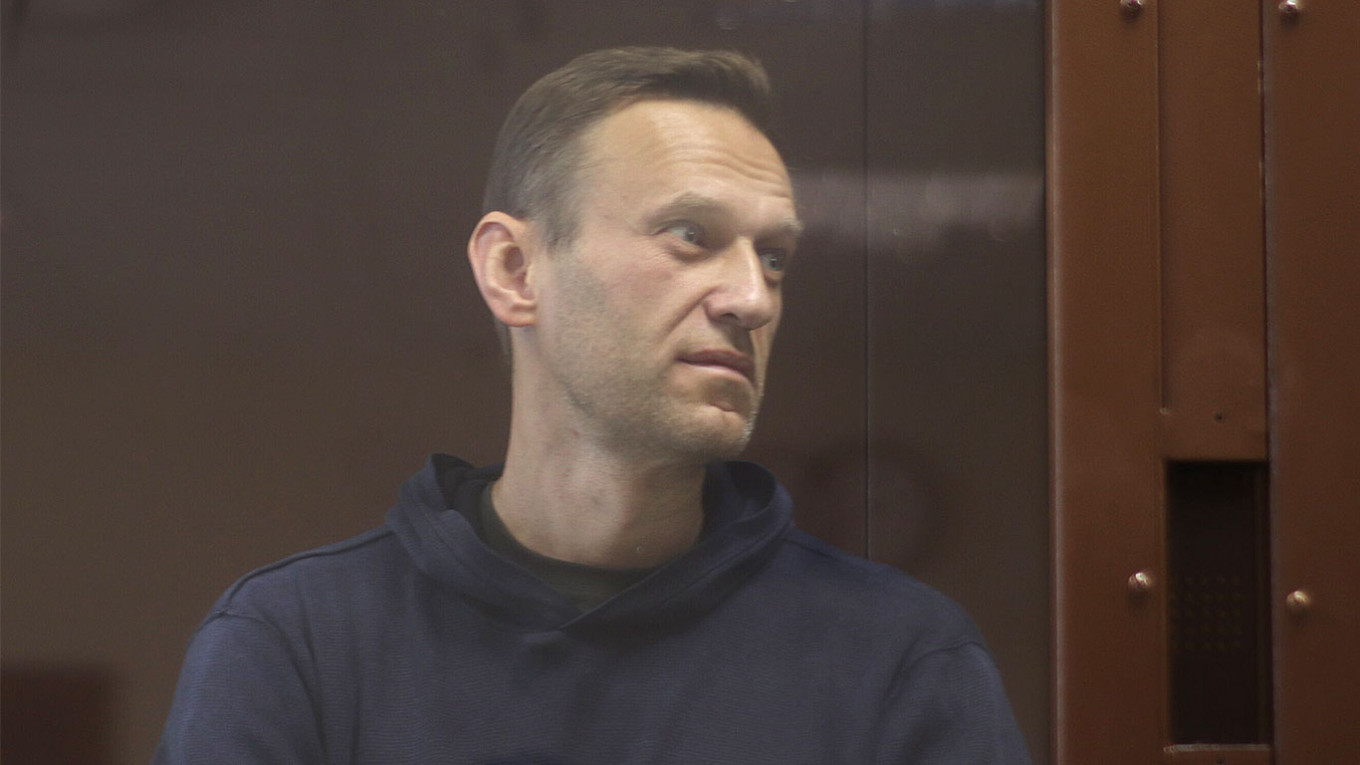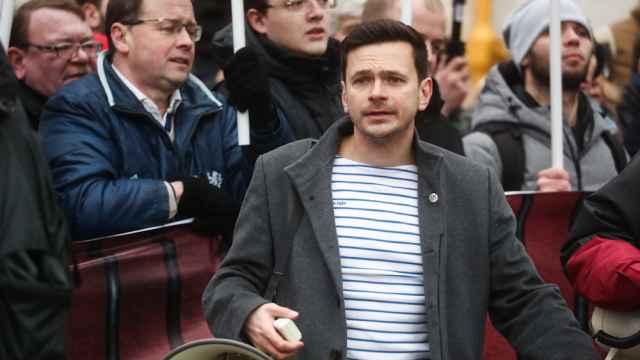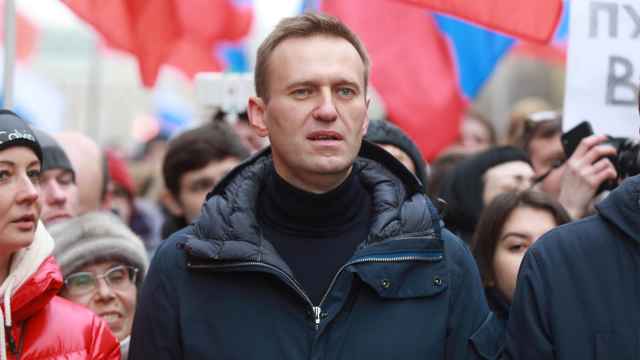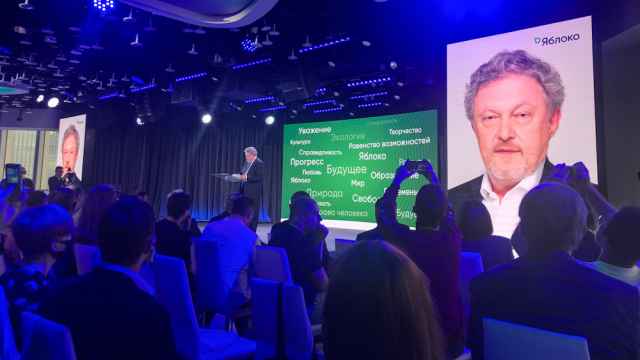Jailed Russian opposition politician Alexei Navalny has filed a lawsuit against the penal colony where he is currently serving a nine-year prison service.
Navalny said the IK-6 prison in the Vladimir region hadn't disclosed information about the purchaser of the products that he manufactures in the colony.
The regional court press service claimed the purchaser refused to publicly share “information about the manufacture of their products in correctional institutions.”
Navalny, who is working as a sewer, said he created a labor union to protect the rights of prison workers.
“There are about 600,000 people sitting in prison in Russia right now. The vast majority of them are working. And it is completely slave-like, almost free labor in horrible conditions,” the politician said on Twitter.
Navalny claimed his monthly salary as a prison laborer is 5,173 rubles ($85), which he said is considered a “huge” wage.
The IK-6 prison is notorious for its harsh conditions, with inmates reported to have been tortured.
Navalny said he works from for seven hours a day, starting at 6:40 a.m., with one 15-minute break.
Prison labor is a common practice in Russia.
Last month Russian prison officials said that they hope to replace Western brands like IKEA with products made by inmates, according to media reports.
State and municipal companies have signed 600 million rubles ($10 million) of contracts with penal colonies from the Middle Urals region so far this year, a local newspaper wrote.
Navalny was transferred to the maximum-security IK-6 penal colony in June after his prison term was extended to nine years on fraud charges that he and his allies have described as politically motivated and an effort to keep him in prison for life.
He was initially sentenced to 2.5 years in prison in February 2021 upon returning to Russia after recovering abroad from a near-fatal nerve-agent poisoning that he blames on President Vladimir Putin.
The arrest and prison sentence of Putin's most vocal domestic foe sparked mass protests across Russia that were met with a harsh crackdown.
Russia outlawed Navalny’s political and activist networks as “extremist” organizations last June and most of his allies have since fled abroad to escape prosecution.
A Message from The Moscow Times:
Dear readers,
We are facing unprecedented challenges. Russia's Prosecutor General's Office has designated The Moscow Times as an "undesirable" organization, criminalizing our work and putting our staff at risk of prosecution. This follows our earlier unjust labeling as a "foreign agent."
These actions are direct attempts to silence independent journalism in Russia. The authorities claim our work "discredits the decisions of the Russian leadership." We see things differently: we strive to provide accurate, unbiased reporting on Russia.
We, the journalists of The Moscow Times, refuse to be silenced. But to continue our work, we need your help.
Your support, no matter how small, makes a world of difference. If you can, please support us monthly starting from just $2. It's quick to set up, and every contribution makes a significant impact.
By supporting The Moscow Times, you're defending open, independent journalism in the face of repression. Thank you for standing with us.
Remind me later.






